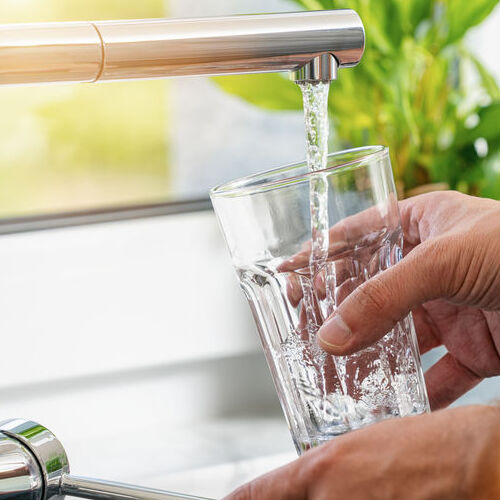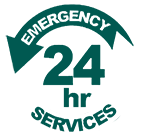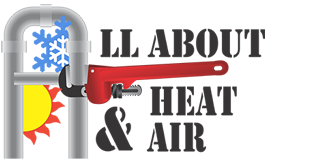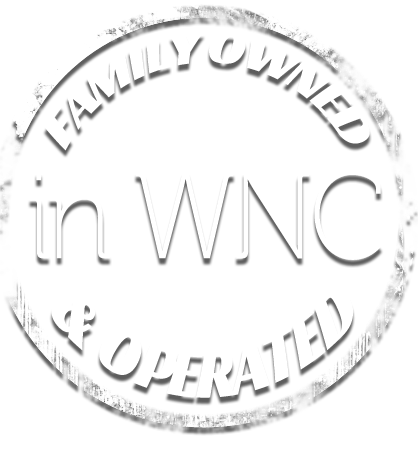
The Mills River, North Carolina area is a beautiful part of the country. Many will trek here for a quiet vacation and enjoy the beauty as they rest and reset. But for businesses that serve these visitors and the residents in this area, water filtration is essential to ensure the water is clean and healthy.
What does water filtration do?
Water filtration is a process that reduces or removes a concentrated amount of particulate matter. This matter includes suspended algae, bacteria, fungi, parasites, particles, and viruses, including undesirable biological and chemical contaminants that contaminate water. Water filtration cleans the water and makes it safe to consume.
How does water filtration work?
Water filtration is a physical barrier that blocks or traps unwanted debris, like bacteria, sand, etc. from passing through. Generally, the water flow speed is dependent on the size of the filter or membrane gaps. The smaller the gaps, the slower the water flow. There are different types of water filtration systems.
What are the different types of water filtration systems?
Water filtration removes those unwanted impurities from water like sediment, a natural substance that comes with water. This can affect the hardness, smell, and taste, leaving behind bacteria that can affect the water quality.
Every area can have different types of water problems that water filtration can address. Things like the formation of limescale deposits that block the water lines and pipes and damage water-using appliances. The are five different types of water filtration which include:
- Mechanical Water Filtration
This type of water filtration physically removes dirt, sediment, and other particles by creating a barrier. The filters in a mechanical water filtration system can be made from basic mesh to ceramic.
- Absorption Water Filtration
This water filtration method is carried out by carbon, a highly effective process that captures water-borne contaminants. This method is excellent for water systems where there are multiple nooks and crannies for trapping chlorine and other chemical impurities.
- Sequestration Water Filtration
This method of water filtration works by chemically isolating a substance like calcium and magnesium minerals that cause corrosion and limescale buildup. The polyphosphate used in this method is introduced in small amounts and inhibits the scale instead of eradicating it.
- Ion Exchange Water Filtration
This process of water filtration softens hard water by exchanging calcium, hydrogen, magnesium, and sodium. Ion exchange physically removes those hard minerals which reduces the limescale and makes the water suitable for commercial applications where the water is kept at a high temperature like in coffee machines.
- Reverse Osmosis Water Filtration
Referred to as RO, this water filtration process removes dissolved inorganic solids like calcium and magnesium ions. It does that by forcing the water with pressure through a semipermeable membrane that keeps most of the contaminants out of the water.
What is the most effective water filtration method?
Reverse osmosis water filtration is the best for removing a large amount of contaminants. These are contaminants that can include dangerous bacteria that are linked to waterborne diseases. They do this by pushing water with force through the reverse osmosis membrane.
Which filter is best for drinking water?
Which type of water filtration system is needed can depend on what problems are in the existing water. This can be determined by having a sample of the water tested by a professional water service. They will either come to your home or you can bring samples of your water in for testing. Because tap water can vary by region, the source of the water can be different. This can result in various contaminants that need to be removed to provide clean, healthy water.
Is whole house filtration worth it?
Yes, but it is an investment. However, there are immediate benefits of clean, healthy water that gives you back a return on that investment. In addition to having your water tested, you should research the different types of water filtration systems and consider your desired end goal and the purpose of this investment.
A water filtration system can cost between $25 to $50 and up to $4,000 or more. The type of water filtration system you choose will have the biggest impact on the cost and if you choose a point-of-use style or a whole-house water filtration system.
Keeping It Watered Down
There are less expensive ways for water filtration, like a water filtration pitcher that you keep in the refrigerator or on the counter. They are inexpensive and come in various sizes that you can choose based on your budget and needs. Simply fill the pitcher with the tap water, and pouring the water will sift through the filter, making the water clean and healthy.
Our bodies are mostly water, and water is essential for a healthy life. By having a water filtration system, your water will taste better without any unpleasant odor. The water becomes safe for consumption, and with this all in mind, your family will be prone to drink more water, a healthier option.





